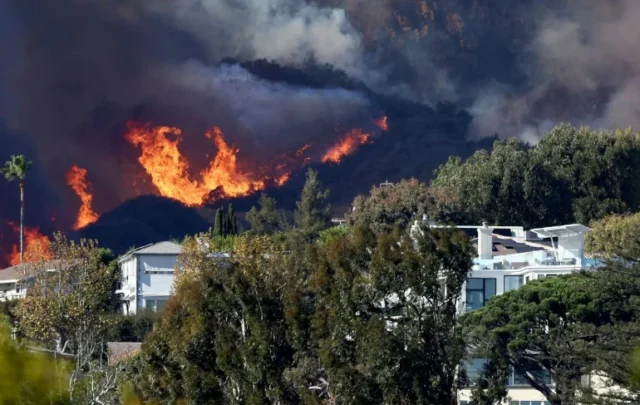This content is no longer available. It was a pre-publication draft of a section of “Energy Limits to Growth,” a report that will be published in expanded form by Post Carbon Institute and International Forum on globalization in May.
The conservation imperative: energy limits to growth and the path to sustainability – part II
By Richard Heinberg, originally published by Museletter / Global Public Media
February 24, 2009


Richard Heinberg
Richard is Senior Fellow of Post Carbon Institute, and is regarded as one of the world’s foremost advocates for a shift away from our current reliance on fossil fuels. He is the author of fourteen books, including some of the seminal works on society’s current energy and environmental sustainability crisis. He has authored hundreds of essays and articles that have appeared in such journals as Nature and The Wall Street Journal; delivered hundreds of lectures on energy and climate issues to audiences on six continents; and has been quoted and interviewed countless times for print, television, and radio. His monthly MuseLetter has been in publication since 1992. Full bio at postcarbon.org.
Tags: Biofuels, Biomass, Coal, Consumption & Demand, Electricity, Energy Policy, Fossil Fuels, Geothermal, Hydropower, Industry, Marine Energy, Natural Gas, Nuclear, Oil, Photovoltaic, Renewable Energy, Shale Oil, Solar Energy, Solar Thermal, Tar Sands, Tidal Energy, Wave Energy, Wind Energy
Related Articles
The ‘weather whiplash’ fueling the Los Angeles fires is becoming more common
By Kate Yoder, Grist
The kind of weather whiplash that fueled the fires is only becoming more common, and not just in the United States. A new analysis in the peer-reviewed academic journal Nature Reviews Earth & Environment has found that rapid shifts between heavy rain and drought (and vice versa) are becoming more intense — and the trend is unfolding faster than climate models have projected.
January 10, 2025
University of Toronto students score a win for the climate — and campus protests more broadly
By Nick Engelfried, Waging Nonviolence
When the University of Toronto’s School of the Environment announced in October that it will no longer accept donations from the fossil fuel industry, the news sent waves through the growing movement to get coal, oil and gas companies off campuses. Among other things, that means banning fossil fuel corporations from financing academic research.
January 9, 2025
Letter From The Farm | The West of Ireland Never ‘Dewilded’
In the west of Ireland I find there has been less industrialisation of agriculture with many farming in a more traditional manner keeping small mixed holdings with off farm incomes – very often in construction where I meet them.
January 9, 2025




